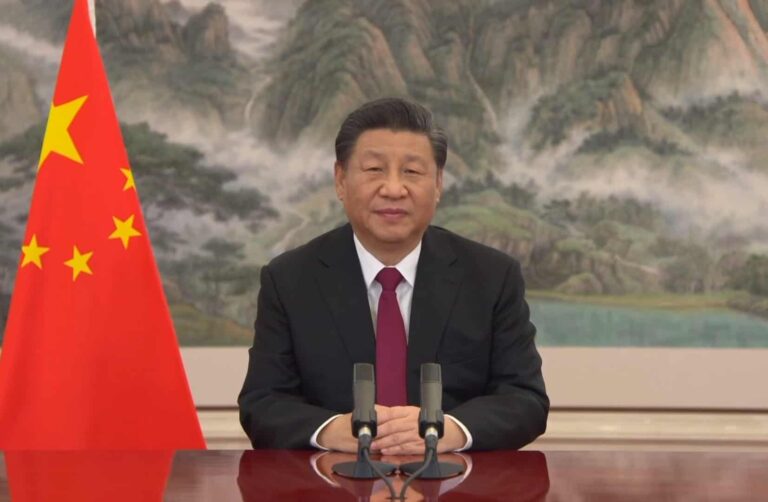Chinese President Xi Jinping is planning to travel to Moscow next week for a bilateral with counterpart Vladimir Putin.
China and Russia are continuing the embrace about which the United States has been sounding the alarm for some time.
Table of Contents
Xi Jinping will meet Putin in the coming days
As early as late January and then in late February there was talk of a possible visit to Moscow by Xi for April or May, but there was never any follow-up, at least not publicly.
It is likely that the two leaders want to discuss, among other things, the conflict in Ukraine, which China would like to see resolved relatively quickly. In addition, the Wall Street Journal reports, the Chinese leader reportedly plans after the visit to speak with Ukrainian President Volodymyr Zelensky for the first time since the war began.
In the first year of the war, Beijing has begun to change its previous attitude of silent neutrality (except for siding with Moscow at the UN) and has begun to speak openly about what it calls “the Ukrainian crisis.”
Washington’s fears about Chinese-Russian relations
Xi’s visit to the Russian capital confirms some of Washington’s fears that the People’s Republic has been supporting Moscow’s war effort in Ukraine for several weeks.
Whether China is actually supplying weapons to Russia is uncertain. But it is likely when one considers that Beijing’s newly appointed defense minister is Li Shangfu, an individual sanctioned by the United States since 2018 for being in charge of cooperation with Moscow’s intelligence and for Russian military arsenal purchases.
Then there is another dossier that has Washington worried. Namely, the nuclear dossier. Russia’s state-owned company Rosatom supplies enriched uranium to China’s most advanced reactors, another element of Xi’s economic support for Putin.
On the other hand, one should not exaggerate in extolling Russian-Chinese friendship. Russia welcomes Chinese support out of necessity, while Beijing sees Moscow as an irrational, unpredictable and disorder-bringing actor.
Most importantly, the Chinese leadership believes that the Federation will emerge greatly weakened by the war in Ukraine, an excellent opportunity to make it even more dependent on the People’s Republic and make it a lever to play in the quest for global power. Certainly not a reassuring scenario, beyond the contingent crisis in Ukraine.
No official confirmation as yet from Beijing
However, no confirmation has yet come from Beijing regarding the upcoming engagements of the Chinese president in Russia and Europe.
Who, was unanimously re-elected last Friday for a third presidential term by the nearly 3,000 delegates of the National People’s Congress, the legislative body of China’s parliament, which closed its annual plenary session in Beijing today.
Should it take place, the direct talks would mark a significant step in China’s intentions to play peacemaker in Ukraine, hitherto greeted with skepticism in Europe.












